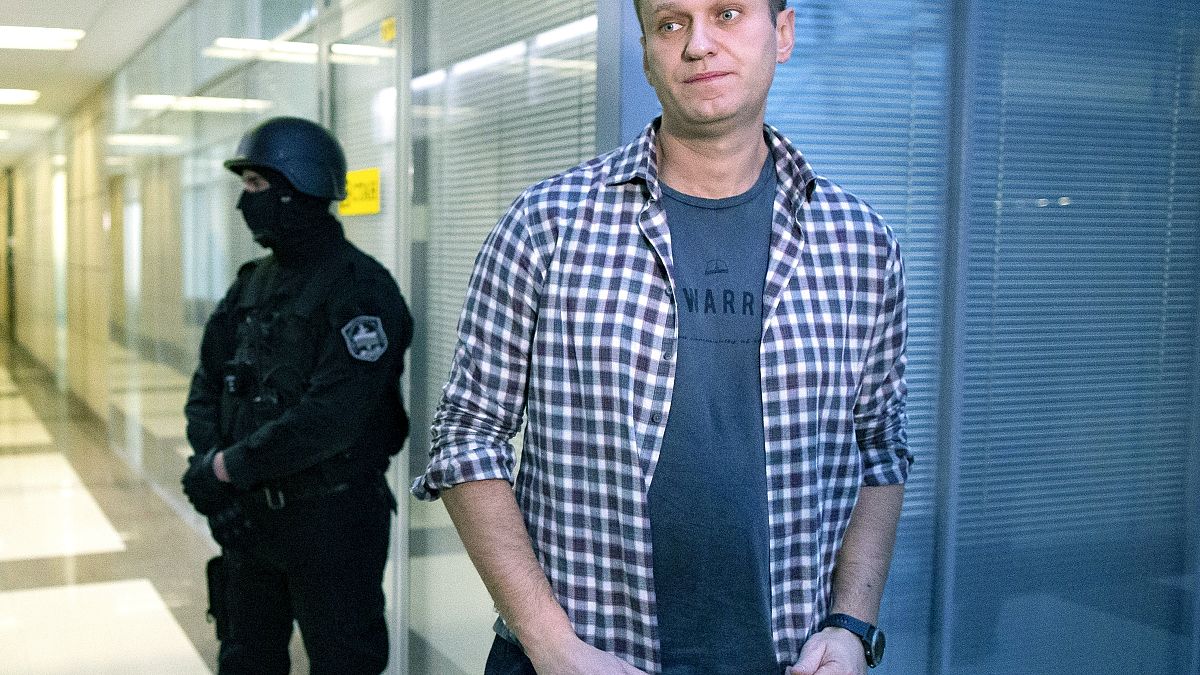The Russian opposition leader is now able to leave his bed, the Berlin hospital treating him said.
Russian opposition leader Alexei Navalny's condition is continuing to improve and he is now able to leave his bed, the Berlin hospital treating him said in a statement.
"The patient has been successfully removed from mechanical ventilation. He is currently undergoing mobilisation and is able to leave his bed for short periods of time," said a press statement from Charité – Universitätsmedizin Berlin.
It comes after the German government confirmed that Navalny was poisoned with the Soviet-era nerve agent Novichok.
Laboratories confirm findings
A German military laboratory previously confirmed the substance in his samples but on Monday, the German government said labs in Sweden and France also confirmed the finding.
German government spokesman Steffen Seibert said that the Hague-based Organisation for the Prohibition of Chemical Weapons has also received samples and is taking steps to have those tested at its reference laboratories.
“Independently of the ongoing examinations by the OPCW, three laboratories have now confirmed independently of one another the proof of a nerve agent of the Novichok group as the cause of Mr. Navalny's poisoning,” Seibert said in a statement.
Germany had asked France and Sweden for an “independent review” of the German findings using new samples from Navalny.
International incident
Navalny is the most visible opponent of Russian President Vladimir Putin. He was flown to Germany two days after falling ill on Aug. 20 on a domestic flight in Russia. Berlin has demanded that Russia investigate the case.
Seibert on Monday renewed Germany’s demand that “Russia explain itself” on the matter. He added that “we are in close consultation with our European partners on further steps.”
The Kremlin has bristled at calls from Chancellor Angela Merkel and other world leaders for Russia to answer questions in the case, denying any official involvement and accusing the West of trying to smear Moscow.
Russian authorities have prodded Germany to share the evidence that led it to conclude “without doubt” that Navalny was poisoned with a military nerve agent from the Novichok group, the same class of Soviet-era agent that British authorities said was used on former Russian spy Sergei Skripal and his daughter in Salisbury, England, in 2018.
Berlin has rejected suggestions from Moscow that it is dragging its heels.
Navalny was kept in an induced coma for more than a week as he was treated with an antidote, before hospital officials said a week ago that his condition had improved enough for him to be brought out of it.
